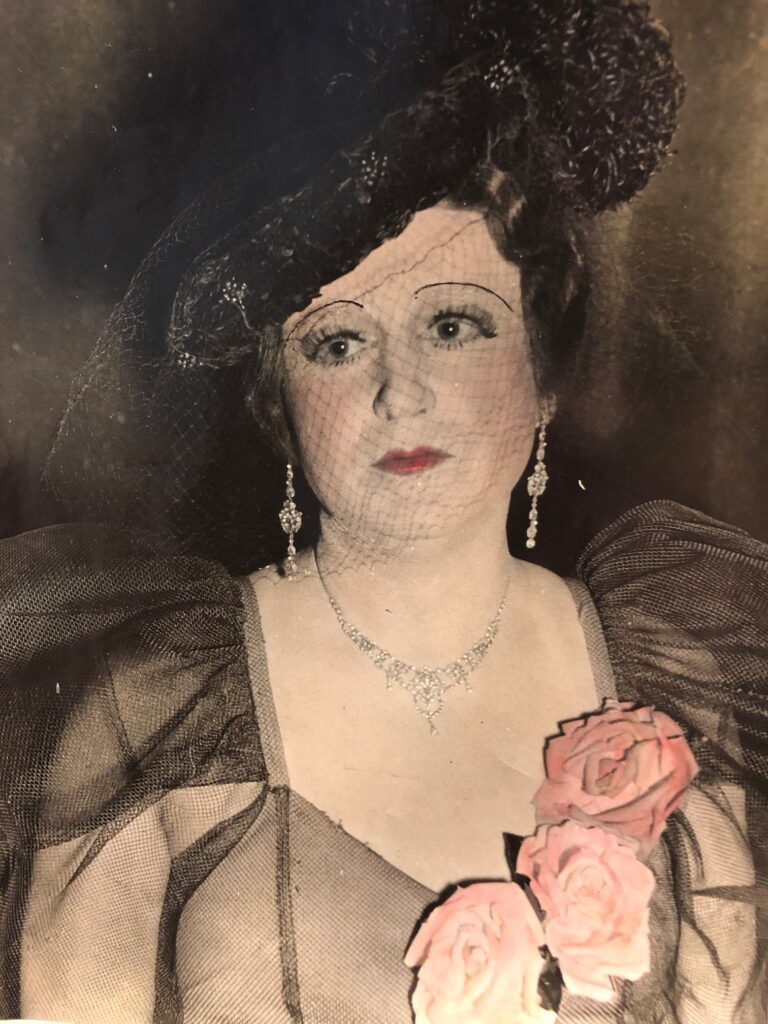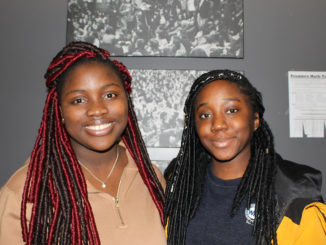Court martial documents reveal charges of ‘gross indecency’ levelled against gay soldiers.

Madison Ryan
Kicker
A St. John’s researcher is looking into the hidden truths behind the sexuality of First World War soldiers.
Sarah Worthman, executive director of the Newfoundland and Labrador Queer Research Initiative, recently set out to illustrate the lives of LGBTQ soldiers in the Canadian Expeditionary Force.
“These records have always been accessible, but no one has actually looked to see if there were any of what we would call gross indecency charges — which was essentially people being arrested because of their sexuality and persecuted,” Worthman said.
Patterns of persecution
Worthman came across some nearly illegible court martial records while working on a project about the names on the Vimy Memorial in France. She was trying to turn these names into stories and found nearly 300 handwritten records that took three months to read. Thirty-five of those records were cases of gross indecency — 19 of which she said were based on consensual same-sex relationships.
“…if you don’t know your history, you’re doomed to repeat it.”
– Charlie Murphy
Briefly touring Canada to present a report on her findings, Worthman will have the launch at The Rooms in St. John’s on Feb. 16. She will also be speaking in Ottawa, Toronto and Halifax.
Research projects like Worthman’s are a way of keeping history and culture alive for many people.
Charlie Murphy is the co-founder and executive director of Quadrangle NL. He said it’s important “not only just knowing for our own protection and safety … if you don’t know your history, you’re doomed to repeat it.”
Murphy says many people in the community find passion through history. He mentioned other researchers like Daze Jefferies, who are dedicated to saving, recording and archiving LGBTQ history.
Worthman’s report, 2SLGBTQ+ Persecution In The First World War, explains how soldiers were sent to cramped detention barracks to await court martial on gross indecency.
In 1916, a young Pte. Frederick Lee Hardy was arrested for gross indecency because he was seen with another man in a flower-filled meadow. In her research, Worthman says the two were humiliated in a public trial, where their encounter was described in graphic detail in front of their peers.
Evidence of joy
“We researched each of the men individually to find these stories and really depict them as human beings instead of just numbers,” said Worthman.
Murphy says actively looking for stories like this is the best way to become educated on a part of history that was left in the shadows.
But Worthman also came across evidence of joy.
Ross Hamilton was a popular “female impersonator,” according to Worthman. He would perform on the front lines to relieve tensions during the war, and even performed for the king of Belgium at one point.

According to Worthman, Hamilton stayed under the radar during the First World War. He was discharged during the Second World War “for reasons other than medical.”
From conversations with someone who knew Hamilton, Worthman learned he then settled down in a log cabin near Truro, N.S. He was said to be a beloved neighbour who had a big heart. In one instance, he drove for three hours to get a new puppy for a nearby family whose dog had died.
While recounting stories about Hamilton, Worthman referred to him by his first name, as if he was an old friend.
Even though Canada has made progress with LGBTQ soldiers and how they are treated, she hopes the historical inhumane treatment of some soldiers will eventually get the attention of federal officials.
Murphy says ensuring generational knowledge isn’t lost is critical to understanding our history and recognizing those who fought to get off the margins of history.
“It’s important because we need to know where we’ve been, to know where we’re going,” said Murphy.
Madison Ryan is an award-winning fiction writer and a student journalist at College of the North Atlantic. She has been reading (admittedly, mainly fantasy) and writing as long as she can remember. She believes there is great power in words.




Be the first to comment